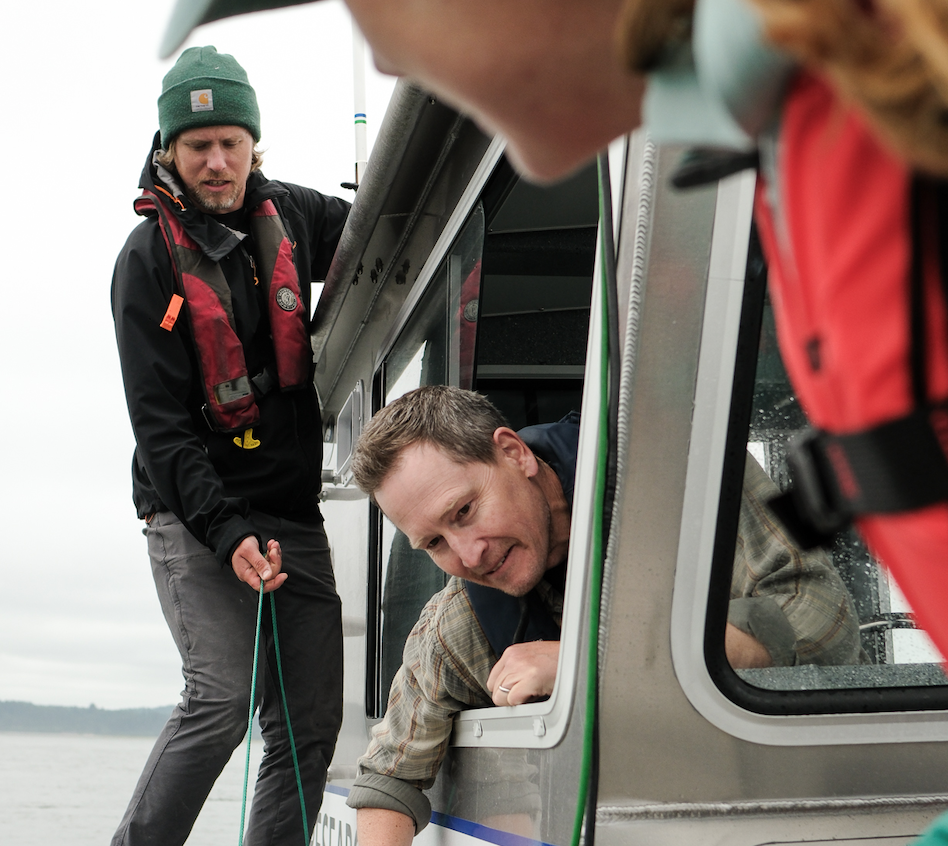Letter: Uniting port districts isn’t the answer
Published 9:53 am Monday, November 25, 2024
Regarding Mr. Patana’s guest column in last week’s Chinook Observer about consolidating three of the four ports in Pacific County — no, thank you.
Placing Port of Chinook, Port of Ilwaco and Port of Peninsula under one commission and co-mingling funds produced by each district’s tax base into a newly formed district is not the solution. These ports have very different roles, are located on different bodies of water and serve different types of communities within their individual districts.
The Port of Peninsula’s focus is shellfish aquaculture with a side serving of commercial fish landings. This port has stated it has the only above-ground commercial fueling facility. It has boat yard designation and is the venue for a few community events. It also oversees a small, historically significant museum. It offers recreational fishing options but almost all moorage is used by the shellfish industry. The majority of this port district is located in the unincorporated area of the county, the exception being the city limits of Long Beach.
The Port of Ilwaco’s focus is commercial fishing but also serves as a large recreational boating marina, has multiple boat charters, an airport, a boatyard, is a multiple community event venue, has retail and residential spaces and the most robust tourism activity of the three. It is located in the municipality of Ilwaco.
The Port of Chinook also focuses on commercial fisheries and recreational moorage and is in an unincorporated area of the county.
The Port of Peninsula is on Willapa Bay, a coastal plain estuary which has a combination of salty (nearer the mouth) and fresh water. The Port of Chinook is located on the Columbia River and the Port of Ilwaco is just inside the Columbia River Bar.
These ports have different responsibilities to marine industries and differing agency regulations for those industries.
Homogenizing the ports’ commissions into a one-size-fits-all governance via a single board is not the answer. Operations, policies, legislative lobbying, (both state and federal) and economic impact on surrounding district communities vary for each distinct port district. It is wishful thinking that one board could govern the unique needs of all effectively. It is wishful thinking that this could be done fairly.
The Port of Peninsula’s poor leadership and ineffectual management doesn’t mean that consolidation is the solution. It is something to be corrected and the voting taxpayers in the district are mounting a recall to do just this. Once that is done, a change in management will follow and much better days are ahead for this port.
The amount of tax dollars received in each port district is not a reason either. Too often in our county, tax dollars collected from unincorporated areas like the north end of the peninsula have a very hard time finding their way back to where they were generated. Too often the unincorporated areas’ needs are the last in line. Why would we think the consolidation of individual port district funding would end up any differently?
I do agree that there are opportunities for the ports to work together as individual entities for more cost-effective results. A purchasing pool for common administrative and operational items comes to mind. Expensive equipment used for occasional projects could be shared along with the maintenance cost of the equipment. Sharing of personnel to oversee common administrative and operational projects may also be an option but could also be tricky. And certainly, Pacific County’s ports could do with a boost of networking between themselves.
Ports in Pacific County vary from one another and that is a strength that should be protected. Working together as individual entities is not the same as consolidating governance, policy and finances. Consolidation is not the path to a better future.
BONNIE COZBY
Ocean Park









